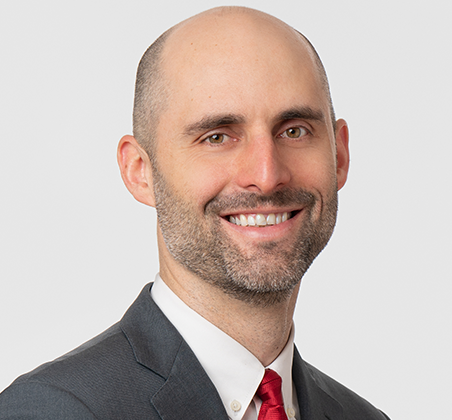
Kevin Corinth
Senior Fellow,
American Enterprise Institute
Kevin Corinth is a senior fellow and the deputy director of the Center on Opportunity and Social Mobility at the American Enterprise Institute (AEI), where he researches economic mobility, poverty, safety net programs, homelessness, social capital, and other issues.
Before joining AEI, Dr. Corinth served as the staff director of the Joint Economic Committee in Congress and chief economist in the White House’s Council of Economic Advisers, where he previously served as chief economist for domestic policy and senior economist for poverty and social issues. He has also worked as executive director of the Comprehensive Income Dataset Project at the University Chicago.
Dr. Corinth has testified before Congress and has been widely published in the popular press, including in the Wall Street Journal, Washington Post, and the New York Times. He has published academic articles in scholarly journals such as the Journal of Political Economy, Journal of Urban Economics, and the Journal of Housing Economics.
Dr. Corinth has a PhD and an MA in economics from the University of Chicago. He holds a BA in economics and political science from Boston College.

Robert Doar
President,
American Enterprise Institute
Robert Doar is the president of the American Enterprise Institute.
Mr. Doar became AEI’s 12th president in July 2019, leading one of the nation’s oldest and most respected public policy think tanks. Since becoming president of AEI, Mr. Doar has recruited dozens of leading scholars and fellows across multiple issue areas and launched a new research division focused on Social, Cultural, and Constitutional Studies.
By supporting the extensive work of AEI scholars in areas including foreign and defense policy, education, the reform of key institutions, the US economy, and in opportunity and mobility studies, Mr. Doar has helped to solidify AEI’s position as a leading voice on the major issues facing the United States.

Dan Goldhaber
Director,
American Institutes for Research
Dr. Dan Goldhaber is the Director of the Center for Analysis of Longitudinal Data in Education Research (CALDER, caldercenter.org) at the American Institutes for Research and the Director of the Center for Education Data & Research (CEDR, cedr.us) at the University of Washington. Both CALDER and CEDR are focused on using state administrative data to do research that informs decisions about policy and practice.
Dan’s work focuses on issues of educational productivity and reform at the K-12 level, the broad array of human capital policies that influence the composition, distribution, and quality of teachers in the workforce, and connections between students’ K-12 experiences and postsecondary outcomes. Topics of published work in this area include studies of the stability of value-added measures of teachers, the effects of teacher qualifications and quality on student achievement, and the impact of teacher pay structure and licensure on the teacher labor market.
Dan’s research has been regularly published in leading peer-reviewed economic and education journals such as: American Economic Review, Journal of Human Resources, Journal of Policy and Management, Economics of Education Review, Education Finance and Policy, and Educational Evaluation and Policy Analysis. The findings from these articles have been covered in more widely accessible media outlets such as National Public Radio, the New York Times, the Washington Post, USA Today, and Education Week. Dan previously served as president of the Association for Education Finance and Policy (2006-2017), an elected member of the Alexandria City School Board from 1997-2002, and as co-editor of Education Finance and Policy.
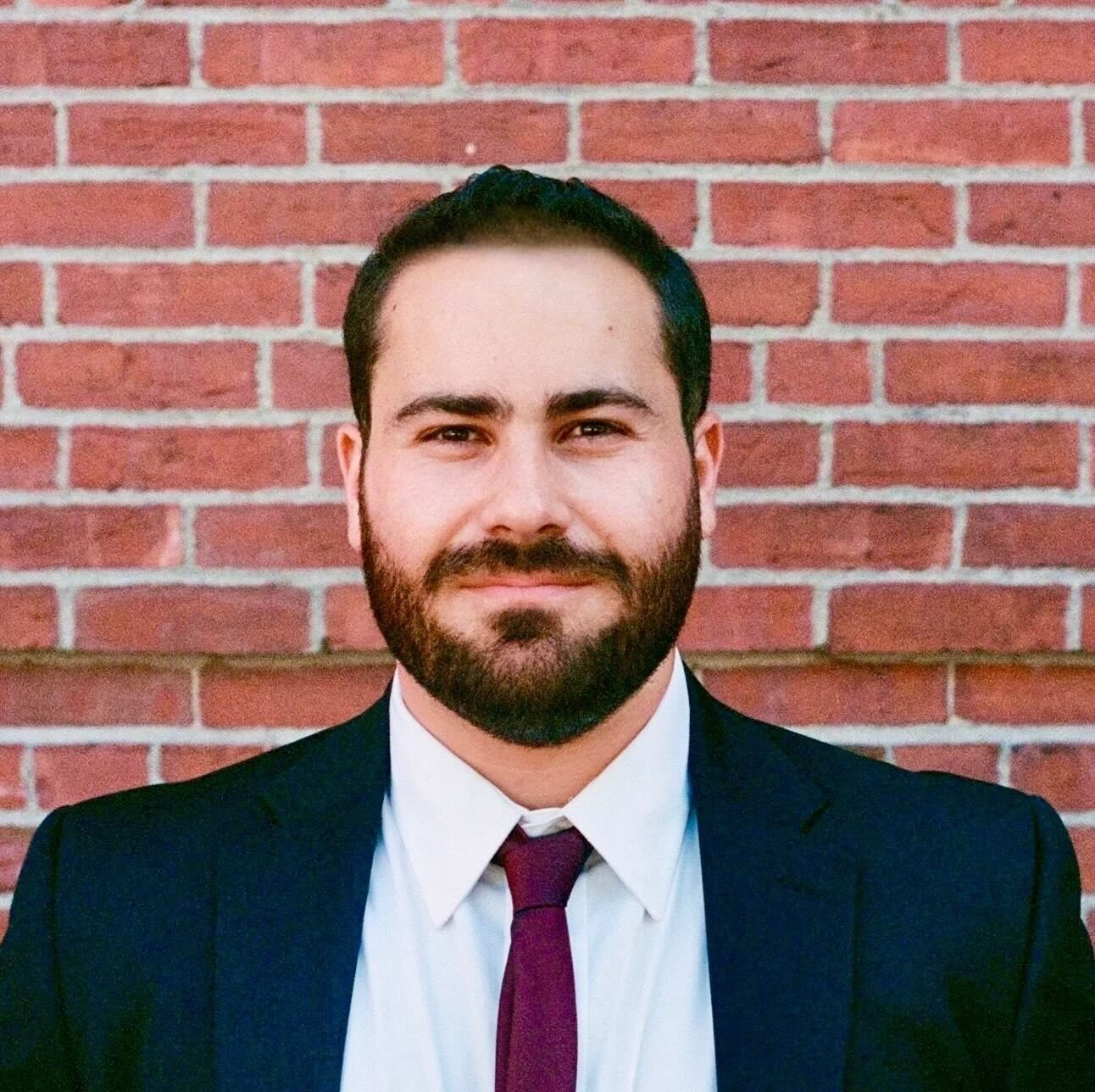
Benjamin Goldman
Assistant Professor of Economics,
Cornell University
Benjamin Goldman joined Cornell University in 2025 as an Assistant Professor in the Department of Economics and the Jeb E. Brooks School of Public Policy. Currently, he is a postdoc at Cornell University and a research affiliate at Opportunity Insights, the Wilson Sheehan Lab for Economic Opportunities, the Cornell Population Center, and EdRedesign. Benjamin’s research focuses on labor and public economics, with an emphasis on race- and class-based economic disparities in the United States. He studies the sources of these disparities and assess policies designed to mitigate them. Benjamin received his PhD from Harvard University in 2024.
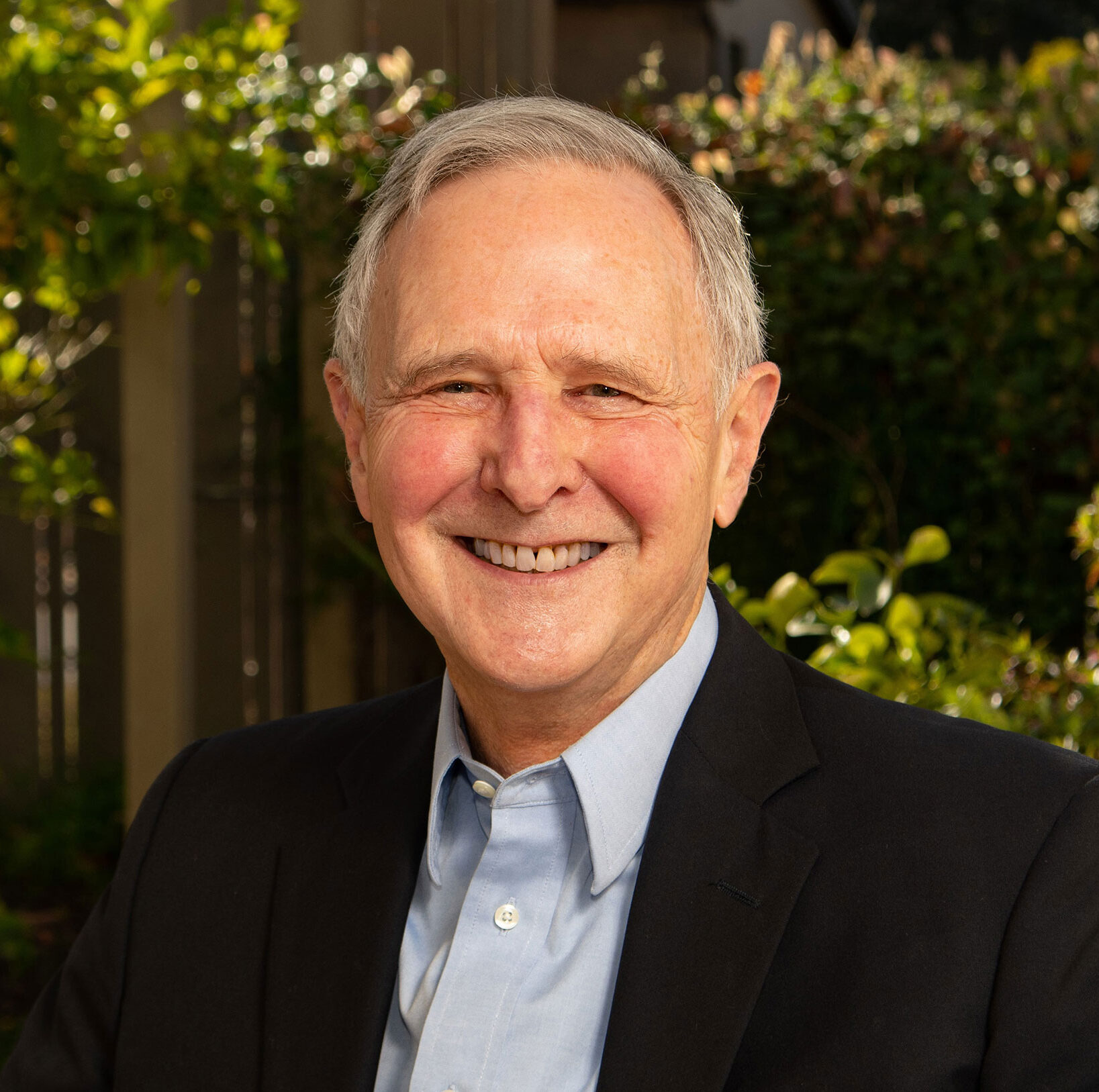
Eric Hanushek
Senior Fellow,
Hoover Institution
Eric Hanushek is the Paul and Jean Hanna Senior Fellow at the Hoover Institution of Stanford University. He is internationally recognized for his economic analysis of educational issues, and his research has broadly influenced education policy in both developed and developing countries. In recognition of his outstanding contributions to the field, he was awarded the prestigious Yidan Prize for Education Research in 2021. His extensive and well-cited body of work encompasses many pivotal topics within education, including school finance, class size reduction, school accountability, and teacher effectiveness. His pioneering exploration into teacher effectiveness, quantified through students’ learning gains, laid the foundation for the widespread adoption of value-added measures in evaluating educators and institutions. His seminal book, The Knowledge Capital of Nations: Education and the Economics of Growth, establishes the close relationship between a nation’s long-term economic growth and the skill levels of its populace. His scholarly contributions include twenty-six books and over 300 articles contributing to knowledge within the field. He is a Distinguished Graduate of the United States Air Force Academy and completed his Ph.D. in economics at the Massachusetts Institute of Technology.
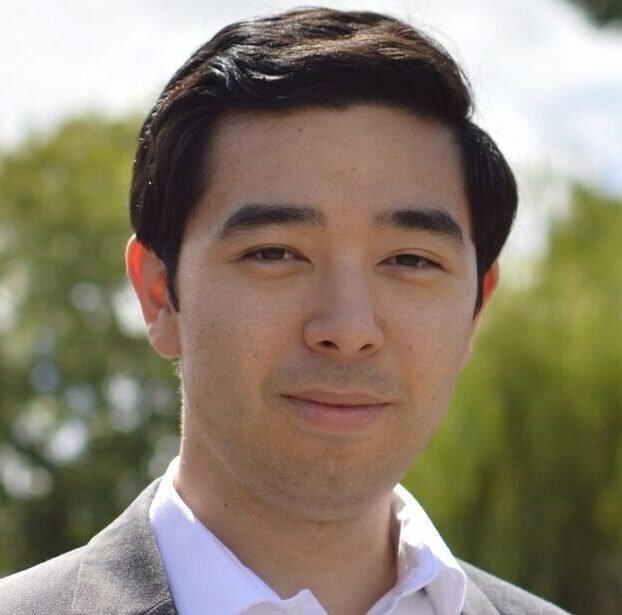
Robert Henderson
Senior Fellow,
Manhattan Institute
Rob Henderson is a senior fellow at the Manhattan Institute and contributing editor of City Journal. He is the best-selling author of Troubled: A Memoir of Foster Care, Family, and Social Class. He writes about human nature, psychology, social class, culture, political and social divisions, and more.
Henderson is a columnist at The Free Press and the Boston Globe and has written for the New York Times and the Wall Street Journal, among other outlets. His Substack newsletter is sent each week to more than 60,000 subscribers.
After enlisting in the U.S. Air Force at 17 years old, Henderson attended Yale University on the GI Bill and earned a B.S. in Psychology. He also holds a Ph.D. in Psychology from the University of Cambridge, where he studied as a Gates Cambridge Scholar.

Harry J. Holzer
Professor,
Georgetown University
Harry J. Holzer is the John LaFarge Jr SJ Professor of Public Policy at the McCourt School of Public Policy, Georgetown University. He is also a Senior Fellow in Economic Studies at Brookings and an AIR Scholar at the American Institutes for Research. He is a former Chief Economist at the US Department of Labor and a former professor of Economics at Michigan State University. He was a founding faculty director of the Georgetown Center on Poverty and Inequality. He also has affiliations with the Institute for Research on Poverty at the University of Wisconsin and the Stanford Center on Poverty and Inequality. He has written or edited a dozen books on the low-wage labor market.

Howard Husock
Senior Fellow,
American Enterprise Institute
Howard Husock is a senior fellow in Domestic Policy Studies at the American Enterprise Institute (AEI), where he focuses on municipal government, urban housing policy, civil society, and philanthropy.
Before joining AEI, Mr. Husock was vice president for research and publications at the Manhattan Institute. He has also been a director of case studies in public policy and management at the Harvard Kennedy School, a member of the board of directors of the Corporation for Public Broadcasting, and a journalist and Emmy-winning documentary filmmaker.
Mr. Husock has been widely published in policy journals and the popular press, including in The New York Times and The New York Times Magazine, The Wall Street Journal, The Atlantic, The Hill, New York Post, New York Daily News, The Boston Globe, The Chronicle of Philanthropy, City Journal, Forbes.com, the Journal of Policy Analysis and Management, National Affairs, Reason, The New Republic, Washington Examiner, and The Wilson Quarterly.
His books include “The Poor Side of Town: And Why We Need It” (Encounter Books, 2021); “Who Killed Civil Society? The Rise of Big Government and Decline of Bourgeois Norms” (Encounter Books, 2019), “Philanthropy Under Fire” (Encounter Broadsides, 2013), and “America’s Trillion-Dollar Housing Mistake: The Failure of American Housing Policy” (Ivan R. Dee, 2003).
Mr. Husock was a mid-career fellow at Princeton University’s Woodrow Wilson School of Public and International Affairs. He holds a BS from Boston University’s School of Public Communication.
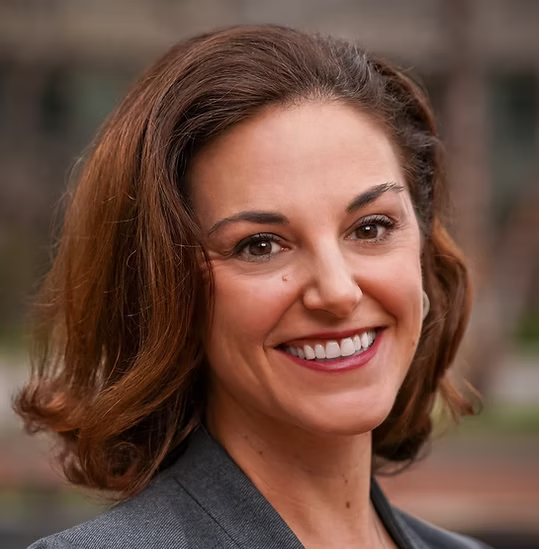
Melissa S. Kearney
Professor,
University of Maryland
Melissa S. Kearney is the Neil Moskowitz Professor of Economics at the University of Maryland and Director of the Aspen Economic Strategy Group. She is also a Research Associate at the National Bureau of Economic Research (NBER); a non-resident Senior Fellow at Brookings; a scholar affiliate and member of the board of the Notre Dame Wilson-Sheehan Lab for Economic Opportunities (LEO); and a member of the board of MDRC. Kearney was Director of the Hamilton Project at Brookings from 2013-2015 and co-chair of the JPAL State and Local Innovation Initiative from 2015-2018. Kearney’s academic research focuses on domestic policy issues, especially issues related to social policy, poverty, and inequality. Her work has been published in leading academic journals and has been frequently cited in the popular press. She is the author of The Two-Parent Privilege (University of Chicago Press, 2023). Kearney teaches Public Economics at both the undergraduate and PhD level at the University of Maryland. She has served in editorial positions for the American Economic Journal: Economic Policy; Journal of Economic Literature; Journal of Human Resources; Demography; and Future of Children. She holds a BA in Economics from Princeton University and a PhD in Economics from the Massachusetts Institute of Technology, where she studied on a National Science Foundation graduate student fellowship and a Harry S Truman fellowship.
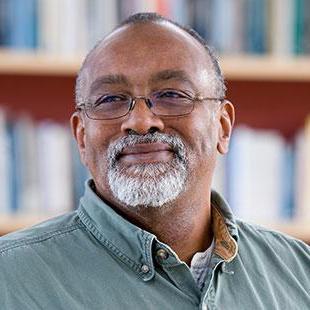
Glenn Loury
Merton P. Stoltz Professor of the Social Sciences,
Brown University
Glenn C. Loury is the Merton P. Stoltz Professor of the Social Sciences at Brown University. As an economic theorist, he has published widely and lectured throughout the world on his research. He is also among America’s leading critics writing on racial inequality. He has been elected as a distinguished fellow of the American Economic Association, a member of the American Philosophical Society and the Council on Foreign Relations, and a fellow of the Econometric Society and the American Academy of Arts and Sciences. He holds a BA in mathematics from Northwestern University and a PhD in economics from the Massachusetts Institute of Technology.
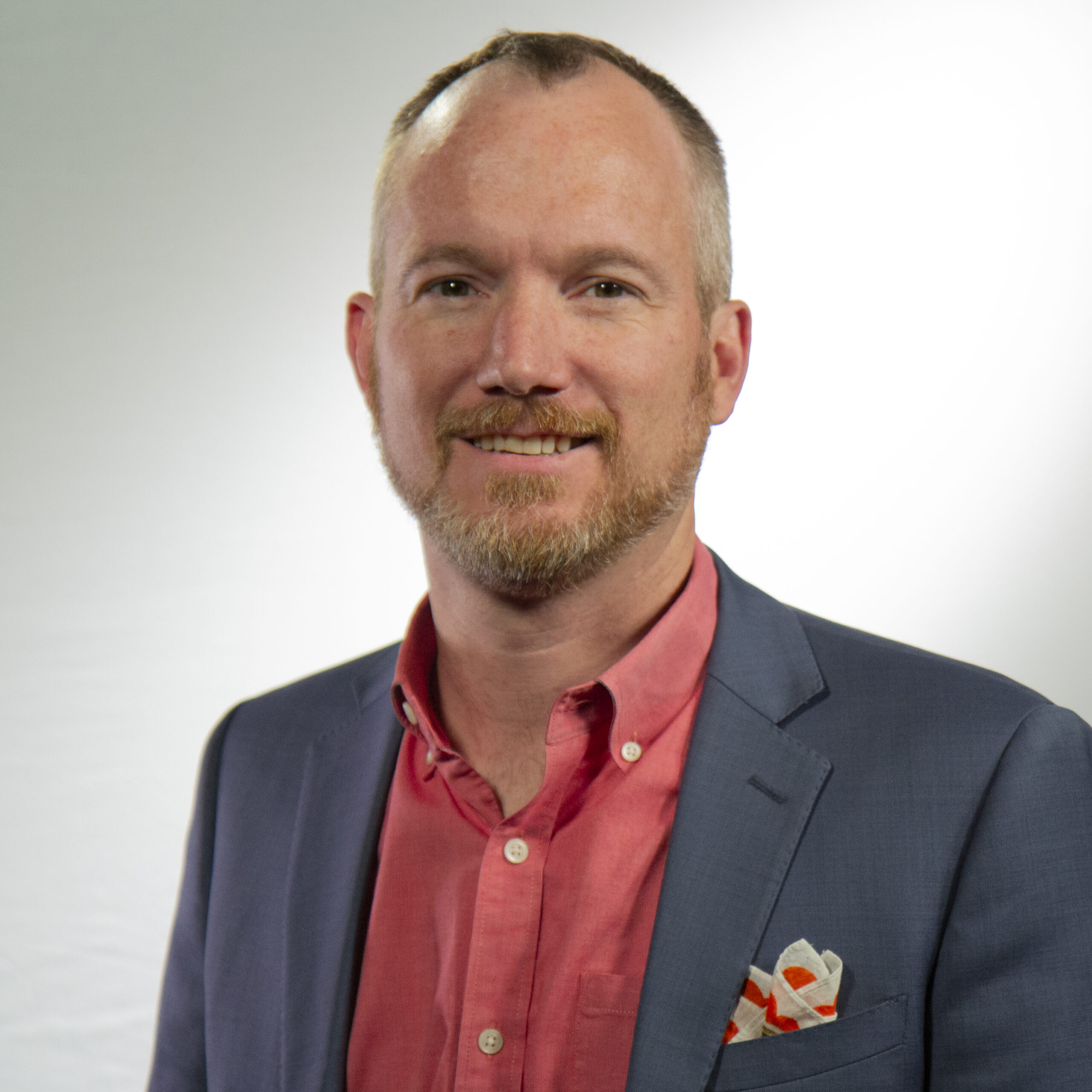
Nat Malkus
Senior Fellow,
American Enterprise Institute
Nat Malkus is a senior fellow, the deputy director of education policy at the American Enterprise Institute (AEI), and an affiliate of AEI’s James Q. Wilson Program in K–12 Education Studies, where he specializes in empirical research on K–12 schooling. He is a national expert on a range of educational issues that affect students across the country—including Career and Technical Education, school choice, Advanced Placement, standardized testing, and how the nation’s schools responded to the COVID-19 pandemic.
Before joining AEI, Dr. Malkus was a senior researcher at the American Institutes for Research, where he led research teams analyzing national education data on topics including how many college students take remedial courses, the comparisons between charter and traditional public schools, and student achievement and graduation rates in schools undergoing turnaround reforms. Earlier, he spent four years as a middle school teacher in Maryland.
Dr. Malkus has a PhD in education policy and leadership from the University of Maryland, College Park, and a BA in historical studies from Covenant College.

Rafael Mangual
Nick Ohnell Fellow,
Manhattan Institute
Rafael Mangual is the Nick Ohnell Fellow at the Manhattan Institute, a contributing editor of City Journal, and a member of the Council on Criminal Justice. His first book, Criminal (In)Justice, was released in July 2022. He has authored and coauthored a number of MI reports and op-eds on issues ranging from urban crime and jail violence to broader matters of criminal and civil justice reform. His work has been featured and mentioned in a wide array of publications, including the Wall Street Journal, The Atlantic, New York Post, The New York Times, The Washington Post, Philadelphia Inquirer and City Journal. Mangual also regularly appears on Fox News and has made a number of national and local television and radio appearances on outlets such as C-SPAN and Bloomberg Radio. In 2020, he was appointed to serve a four-year term as a member of the New York State Advisory Committee of the U.S. Commission on Civil Rights. Prior to joining MI in 2015, Rafael worked in corporate communications for the International Trademark Association. He holds a B.A. in corporate communications from the City University of New York’s Baruch College and a J.D. from DePaul University.
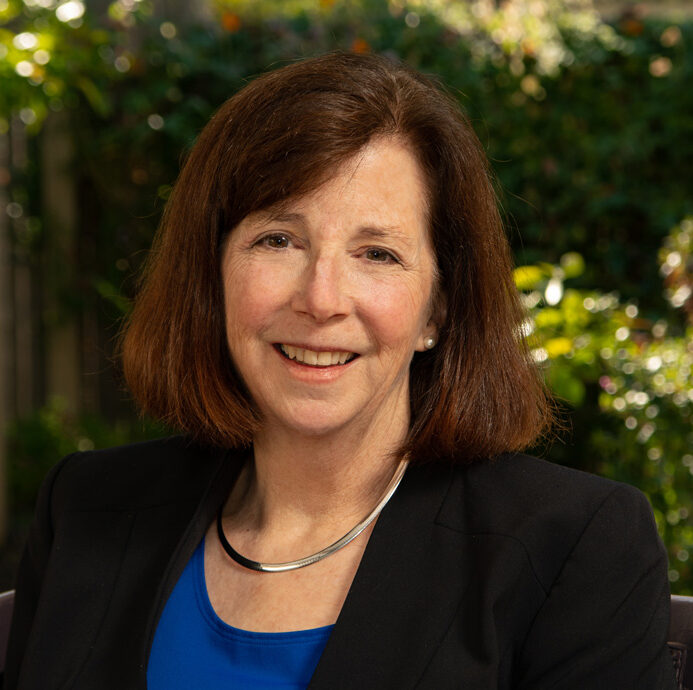
Margaret Raymond
Director, Program on K-12 Education,
Hoover Institution
Margaret “Macke” Raymond is the Program Director of the Hoover Institution Program on K-12 Education at Stanford University. She leads a team of 12 in the study of education reform efforts around the country. She is passionate about ensuring our country provides opportunity for all its youth through excellent education in all schools. She is a leader in studying US charter schools, school reform policy, measurement and performance and accountability systems and incentives. Dr. Raymond holds a B.A. summa cum laude from Boston University, with three masters degrees and a Ph.D. in Political Science from the University of Rochester. She lives in Northern California with her husband and their labradoodle Jazz, who is much cooler than either of them.
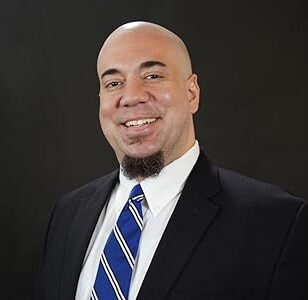
Wilfred Reilly
Associate Professor,
Kentucky State University
Wilfred Reilly is an Associate Professor of Political Science at Kentucky State University, and the author of the books “Lies My Liberal Teacher Told Me,” “Taboo: 10 Facts You Can’t Talk About,” and “Hate Crime Hoax.” Reilly, alone or in combination with others, has published more than 100 articles across both national media and academic outlets – including Administration and Society, Academic Questions, National Review, Commentary, Newsweek, Spiked UK, and Quillette.
His research interests include international relations, contemporary American race relations, and the use of modern quantitative methods to test “sacred cow” theories like the existence of widespread white privilege. Off work, he enjoys dogs, archery, basketball, Asian cooking, and beer. Reilly has been described, by himself, as “the greatest mind of a generation.

Cecilia Elena Rouse
President,
Brookings Institution
Cecilia Elena Rouse is the president of the Brookings Institution. From 2021 to 2023, she served as Chair of the Council of Economic Advisers (CEA), the first Black American to fill that role in the CEA’s 75-year history. Confirmed with 95 votes in the U.S. Senate, she served as CEA Chair while on public service leave from Princeton University, where she joined the faculty in 1992. While at Princeton, she also served as dean of the Princeton School of Public and International Affairs from 2012 to 2021. She is the University’s Katzman-Ernst Professor in Economics and Education and a professor of economics and public affairs.
A labor economist with a focus on the economics of education, Rouse is the founding director of the Princeton Education Research Section and a member of the American Philosophical Society and the National Academy of Education. She served as senior editor of The Future of Children, a policy journal published by Princeton and the Brookings Institution, co-editor of the Journal of Labor Economics, and on the editorial boards of the American Economic Journal: Economic Policy and other journals. She previously served on the boards of the Council of Foreign Relations, MDRC, the National Bureau of Economic Research, and the University of Rhode Island, and was an independent director of the T. Rowe Price Funds. Rouse’s time as CEA chair was her third White House tour of duty. She served as a member of the Council of Economic Advisers from 2009 to 2011, and as Special Assistant to the President at the National Economic council from 1998 to 1999. Rouse earned both her doctoral degree in economics and her bachelor’s degree from Harvard University.
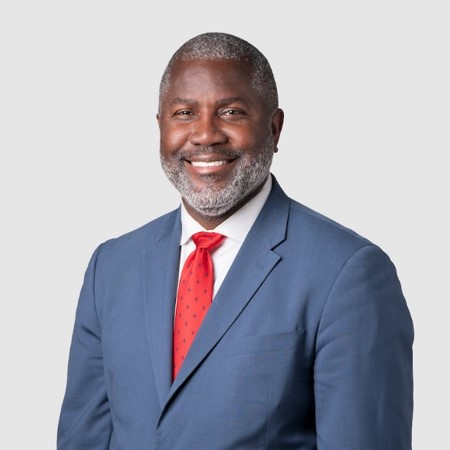
Ian Rowe
Senior Fellow,
American Enterprise Institute
Ian Rowe is a senior fellow at the American Enterprise Institute and the founder of Vertex Partnership Academies, a new International Baccalaureate high school in the Bronx. In addition to serving 10 years as CEO of Public Prep, he held leadership positions at Teach for America, the Bill & Melinda Gates Foundation, the White House, and MTV, where he earned two Public Service Emmys. With his recent book Agency, Ian seeks to inspire young people of all races to build strong families, overcome the victimhood narrative, and become masters of their own destiny. Ian is Chairman of the Board of Spence-Chapin. He earned an MBA from Harvard Business School, a Bachelor of Science degree from Cornell University’s College of Engineering and his high school diploma from Brooklyn Tech as part of a K-12 NYC public education. Mr. Rowe is a recipient of many honors, including the Harvard Business School Bert King Service Award and most recently the George A. Sutherland Award.
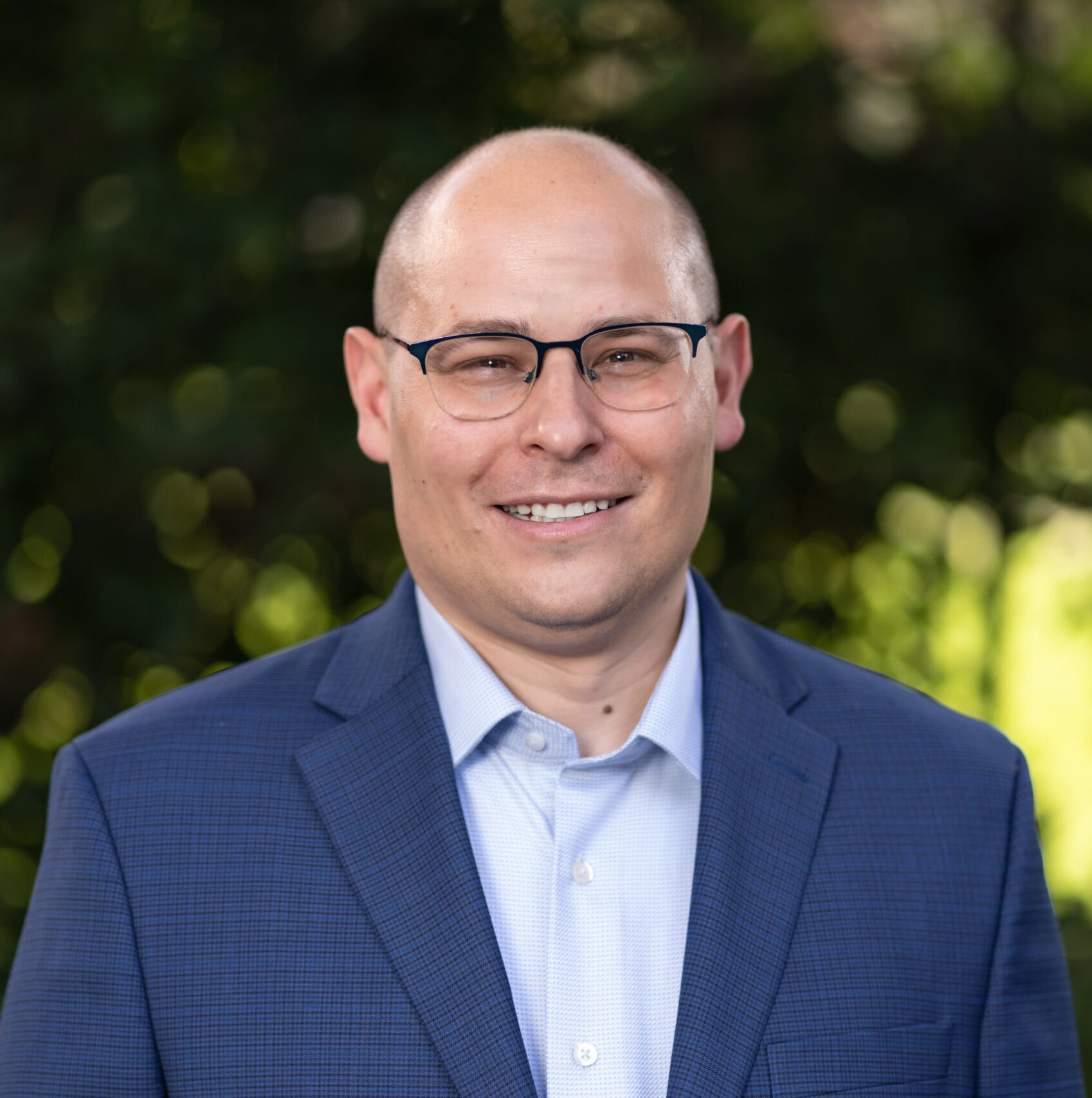
Patrick Ruffini
Founder,
Echelon Insights
Patrick Ruffini is a founding partner at Echelon Insights, one of the most widely recognized public opinion and strategic research firms in the United States.
Patrick is the author of Party of the People: Inside the Multiracial Populist Coalition Remaking the GOP, called “the book that predicted the 2024 election” by The New York Times and ranked as a Best Book in Politics by the Wall Street Journal.
An expert in political realignment and demographic trends, Patrick is a prolific speaker, writer, and political commentator. He has offered on-air analysis, including on election nights, for CNBC, Fox News, the BBC, and NPR and written for The New York Times, the Wall Street Journal, Time, The Atlantic, and Politico, among others.
Patrick has led hundreds of strategic communications, survey, data analytics, and focus group projects for Fortune 500 companies, leading foundations and advocacy groups, and political campaigns nationally and internationally.
Since Patrick co-founded Echelon Insights in 2014, the firm has been known for its innovative approach and accurate track record. It was ranked one of the three most accurate private polling firms in the country by 538 and is one of the most-awarded polling and data firms in the country by the American Association of Political Consultants and Campaigns & Elections.
Before starting Echelon Insights, Patrick led one of the country’s premier digital strategy and communications firms, Engage, and served in senior roles at the Republican National Committee and for President George W. Bush’s 2004 re-election campaign.
Patrick is a graduate of the University of Pennsylvania and lives with his family in the Washington, D.C. suburbs.

Rajiv Sethi
Professor of Economics,
Barnard College, Columbia University
Rajiv Sethi is a professor of economics at Barnard College, Columbia University and an external professor at the Santa Fe Institute. He was a 2020-21 Joy Foundation Fellow at the Harvard Radcliffe Institute, and a 2008-09 Richard B. Fisher Member at the Institute for Advanced Study in Princeton. He has served on the editorial boards of several journals, including the American Economic Review, and is a founding associate editor of Collective Intelligence.
Sethi is a co-author (with Brendan O’Flaherty) of Shadows of Doubt: Stereotypes, Crime, and the Pursuit of Justice, published by Harvard University Press in 2019. He is also a contributor to CORE (Curriculum Open-Access Resources for Economics) and a director of Interactive Economics, both initiatives aimed at the production of high-quality teaching resources, accessible free of charge worldwide.
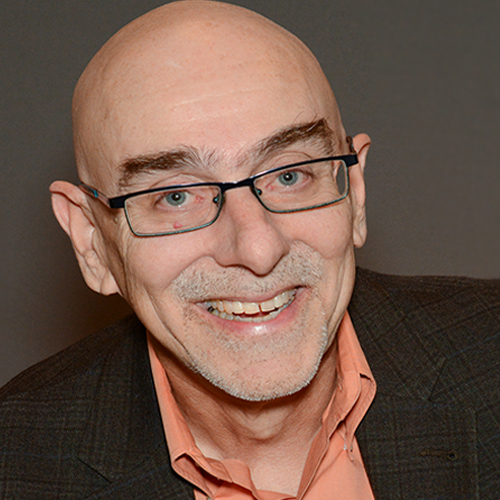
Ruy Teixeira
Senior Fellow,
American Enterprise Institute
Ruy Teixeira is a nonresident senior fellow at the American Enterprise Institute (AEI), where he focuses on the transformation of party coalitions and the future of American electoral politics. Before joining AEI, he was a senior fellow at the Center for American Progress from 2003 to 2022. A political demographer and commentator, Dr. Teixeira is the author of numerous books, reports, and articles. He is the coauthor of The Emerging Democratic Majority one of his most influential books, which was selected as one of the best books of the year by the Economist. He is also the coauthor of a series of reports titled “States of Change,” which detail the impact of demographic changes on political parties, the electorate, and the nation as a whole. His most recent book is Where Have All the Democrats Gone? The Soul of the Party in the Age of Extremes. Dr. Teixeira’s broadcast appearances include CBS News, CNN, National Public Radio, MSNBC, and PBS, as well as hundreds of radio and podcast interviews. He is also often published in the popular press, including in the Atlantic, the American Prospect, National Review, the New Republic, the New York Times, the Wall Street Journal, and the Washington Post. He coedits “The Liberal Patriot” blog on Substack. Dr. Teixeira holds a PhD and MS in sociology from the University of Wisconsin–Madison. His BA is from the University of Michigan.

